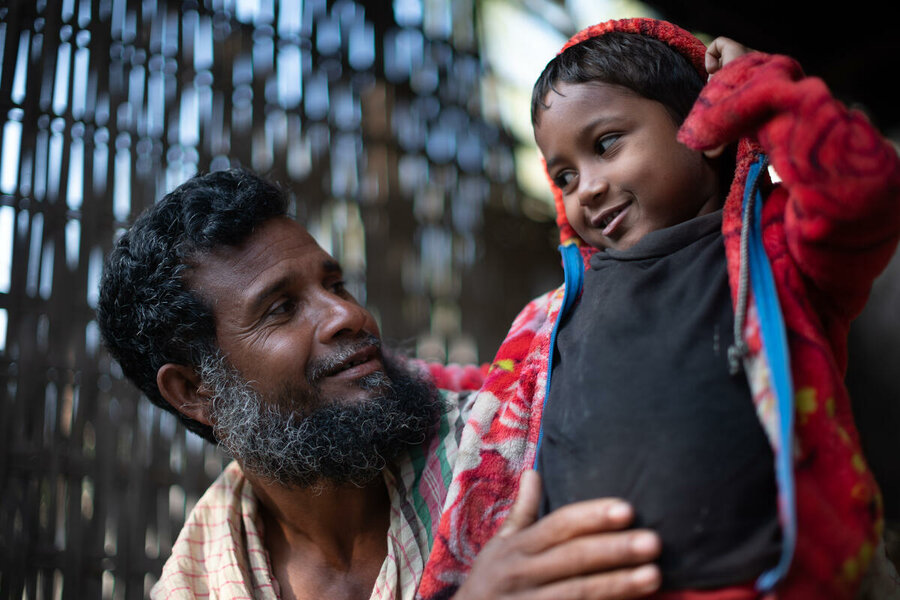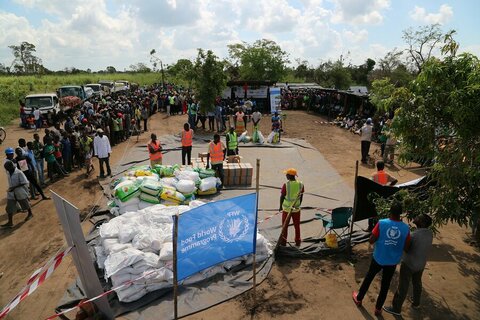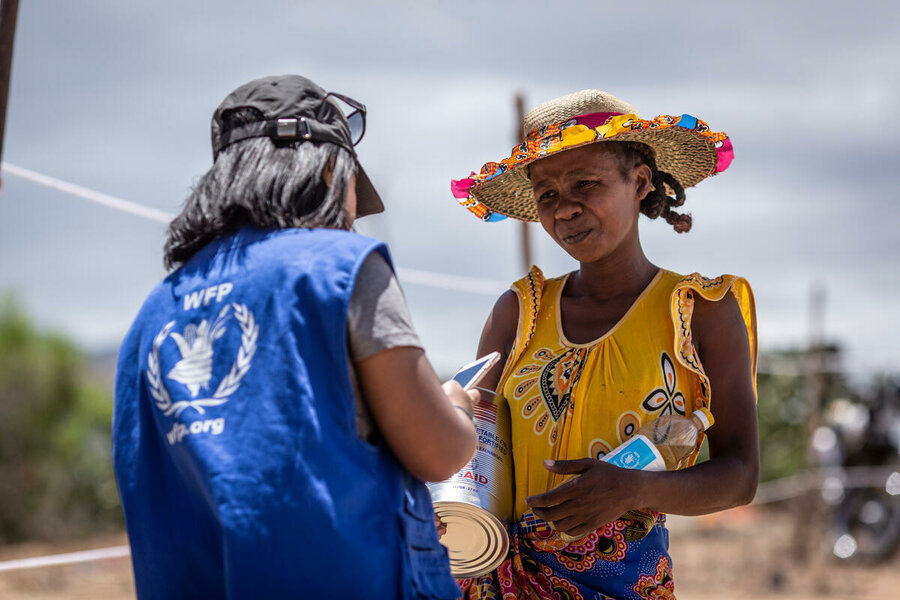How WFP maximizes value for money and ensures transparency and accountability
As Chief Financial Officer of the World Food Programme (WFP), I take a personal interest in ensuring that we demonstrate accountability and transparency. Our donors – private individuals, and governments and their taxpayers – demand it, but we also owe it to our millions of beneficiaries to maximise value for money. Since being named the 2020 Nobel Peace Prize laureate, we are driven, more than ever, to deliver programmes that are effective and high impact.

This is crucial now, as conflict, climate crises, the consequences of the COVID-19 pandemic and rising costs lead us into a global hunger crisis. Up to 811 million people are going to bed on an empty stomach. Yet WFP faces an unprecedented funding gap. We have received just 45 percent of the funding we require for 2021: US$7.1 billion of confirmed contributions as of 7 November, against total requirements of US$15.7 billion. We are very concerned about the plight of 45 million brothers and sisters who will be on the edge of famine in 2022.
So we make every dollar go further. To achieve this, we have built data platforms that optimize our services to humanitarian organizations and give us a real-time view of our needs, the people we serve, the cash benefits transferred to them, the location of our food stocks, and our budget performance. The availability of that data ensures that our strategic and operational decisions are timely and well-informed. In recognition of those data-integration efforts, we won the 2021 Franz Edelman Award for Achievement in Advanced Analytics, Operations Research and Management Science. We have also embraced simplification of business processes and automation, and reduced our global and regional “overhead” rate by 15 percent in the past five years, down to just 6.1 percent of our overall costs.
Making sure these efforts are visible is key to maintaining the trust of our donors and attracting new ones. This is why our transparency and accountability mechanisms demonstrate both that we have delivered on our promises, and that we have done so efficiently and effectively.
How WFP demonstrates accountability and transparency

Those mechanisms include an array of internal and external governance and oversight bodies, which operate under a mature and robust framework of policies, processes and systems that ensure WFP’s actions are subject to “checks and balances.” For example:
Our budget and accounting teams ensure that our expenditures are properly planned for, recorded and reported. Our Performance Management team verifies if we achieved what we set out to do, working with programme teams to find new and better ways to enhance the traceability of every dollar. Our Office of Evaluation generates strong evidence of WFP’s successes and failures to inform future policies and programmes. Our Ethics Office supports and guides our 21,000 staff on five continents to perform at the highest level of professional integrity. Our Legal Office facilitates compliance with applicable norms and protects WFP’s legal interests in line with the organization’s risk appetite and humanitarian mandate. Implementation of our enterprise risk management policy supports consistency and transparency in risk decision-making. Our Inspector General works to protect the integrity, efficiency and effectiveness of WFP’s programmes and operations, and to detect and deter fraud, waste and abuse. In 2020, our internal audit team introduced real-time assurance exercises for quicker and more timely feedback into WFP’s operations. And our external auditors, audit committee and other financial governance bodies provide strong independent oversight.

You can see the results of that accountability framework in publicly available documents: our Annual Performance Report, which details how we deliver our services and manage our funds, and our annual accounts, internal audits and evaluations may all be accessed through our website.
Our commitment to transparency and accountability means that WFP has often led the way in the UN system and larger humanitarian community in these matters. For example, we were the first UN agency to implement International Public Sector Accounting Standards (IPSAS) and full accruals accounting in 2008, which allows us to present our financial performance and our financial position as accurately and transparently as possible. In 2012, WFP was among the first humanitarian actors to make its internal audit reports publicly available. We joined the International Aid Transparency Initiative (IATI) in 2013, a global initiative aiming to improve the transparency of development and humanitarian resources and their results, and, in 2015, we ranked first in IATI’s financial transparency rating. We have maintained a top ranking since.
